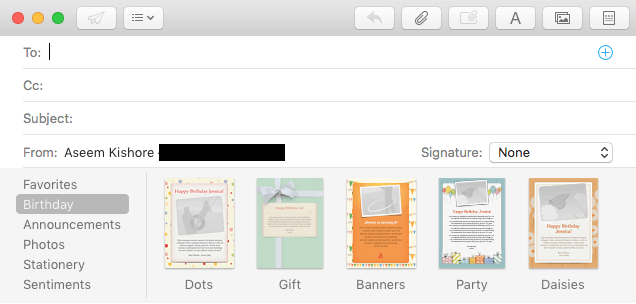
Beyond spam/security scans, they don’t collect any data from your emails.

Since their primary business model is providing a suite of services to businesses, their personal email services are ad-free, and thus, creep-free. This email service isn’t well-known, but Zoho nonetheless boasts over ten million users (four times AOL’s numbers, if you’re counting). Verdict: A fairly solid company, but there’s a decent chance they scan your emails for more than viruses. Their privacy policy does mention that the content of your emails may be used for advertising, though, and their revenue does come mainly from tracking you and serving you ads. This Russia-based email service boasts over 50 million users but doesn’t have a strong reputation for privacy one way or the other. The bright side is that this only applies to emails you get from companies, not to your personal correspondence. Their algorithm looks at receipts, travel information, and other emails from organizations that it can use to serve you ads. Unfortunately, it’s also one of the only providers that scans your email content. Yahoo! Mailĭespite the ups and downs of this company over the years, it remains one of the largest email services. This is most likely with business users who have installed third-party productivity apps, but it may be worth checking your security settings anyway. Outlook also supports third-party apps, though, and while the developer access policy isn’t as open as Google’s, some of them may still scan your emails and send it off somewhere. They do scan for security threats, like phishing links and possible malware attachments, but no one is reading your emails at any stage of the process. Microsoft’s email service, like Gmail, advertises for revenue, but doesn’t use your emails to target those ads. If you like automatic flight reminders and emails that autocomplete in large chunks, you can keep it on, but you can also go to “Settings -> General” and turn it off. However, Google does scan your email for security threats, high priority notifications, calendar events, and some of the other features you might enjoy, like Smart Compose. It actually did for quite some time but ended the practice in 2017 since the data they gather from email is relatively redundant to their other sources, and users probably found email-based advertising a little creepy. It may come as a surprise that Google, the world’s biggest advertiser and tracker, does not scan your inbox as part of its targeted ads program.

But which email providers are rummaging through your inbox, and which ones can you trust? Gmail Some, like Google, mostly scan emails to help with their AI functions, while others, like Yahoo!, are digging for information they can add to your advertising profile. Luckily, not all providers are targeting you with the same intensity, and some are actually quite private. “ If you’re not the customer, you’re the product.” This cardinal rule of the Internet has been proven true over and over again, and email is no exception.


 0 kommentar(er)
0 kommentar(er)
